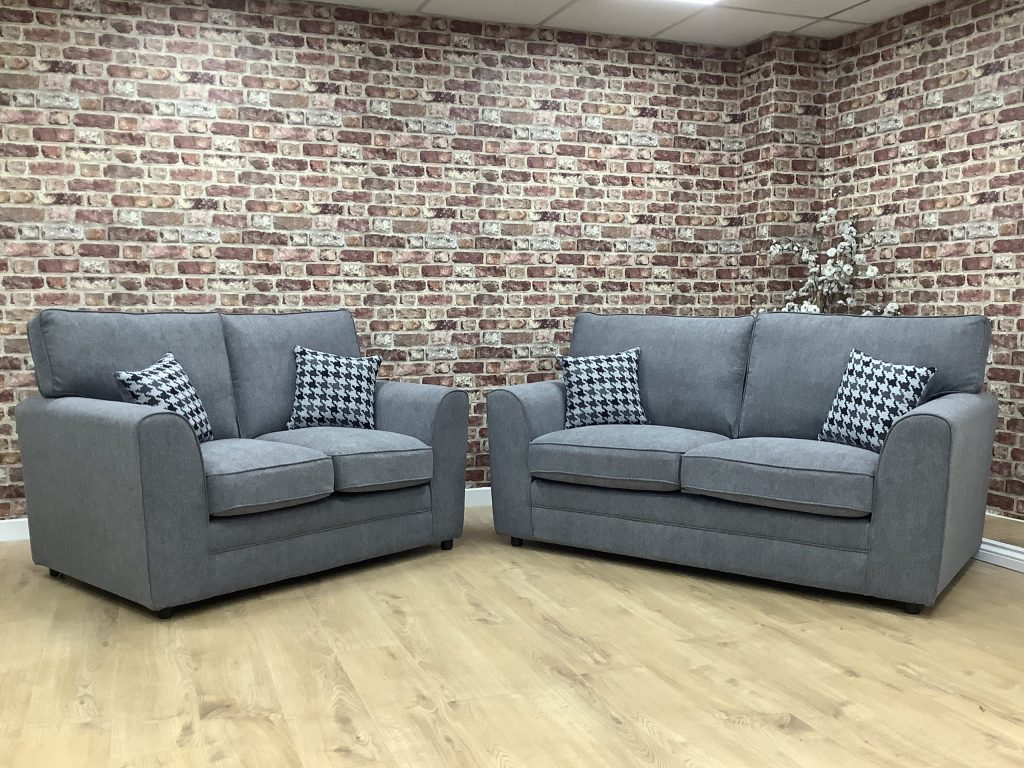Incorporating Classic Furniture into Modern Interiors

Blending classic furniture into modern interiors is an art that can add unparalleled charm and character to your home. This design approach allows you to create a space that is both unique and personal, bridging the gap between historical richness and contemporary sophistication.
Here’s how you can master the integration of timeless pieces into a modern setting, creating a harmonious mix that speaks to both past and present.
Start with Statement Pieces
Classic furniture is often striking and can serve as a focal point in any room.
Standout pieces, such as the ornate Queen Anne Chesterfield sofa, can dictate the mood and palette of a space, drawing the eye and setting a sophisticated tone around which you can build the rest of your interior.
Mix and Match with Care
The key to successfully blending old and new is balance. Pair your classic pieces with modern furnishings that complement rather than clash. For example, a sleek, modern sofa can be paired with a classic wooden coffee table.
Look for common elements like colour, material, or design motifs that can help unify the styles. The contrast can be striking, but it should feel intentional and cohesive.
Use Modern Art and Accessories
Modern art and contemporary accessories can bridge the gap between classic furniture and modern design elements.
Abstract paintings, modern sculptures, or minimalist vases can modernise a space, making classic furniture feel relevant and fresh rather than dated. Such additions help create a dialogue between the old and the new.
Play with Textures and Fabrics
Updating upholstery is another effective way to integrate classic furniture into a modern home. Reupholstering classic pieces in contemporary fabrics can breathe new life into them. Consider bold or neutral colours depending on the surrounding decor.
Mixing textures, such as combining a plush modern rug with a hard wood classic chair, can also add depth and interest.
Consider the Layout
Modern interiors tend to favour open, spacious layouts, while traditional setups often include more segmentation. Position your classic pieces in a way that complements the open feel of modern design.
Allow for ample space around each piece to ensure that they don’t clutter the environment but rather enhance the flow of the room.
Integrating classic furniture into modern interiors doesn’t just recycle old pieces; it reinvents them.
This approach not only preserves historical craftsmanship but also promotes a unique and eclectic style that cannot be replicated with modern furniture alone.
By blending eras, you create a living space that is both timeless and contemporary, full of narrative and style.

